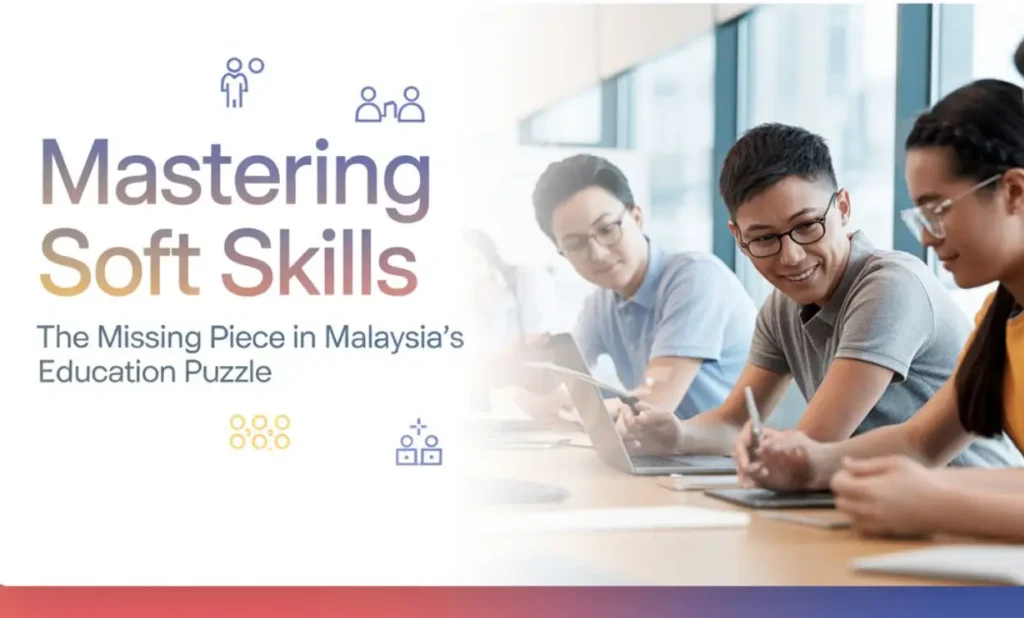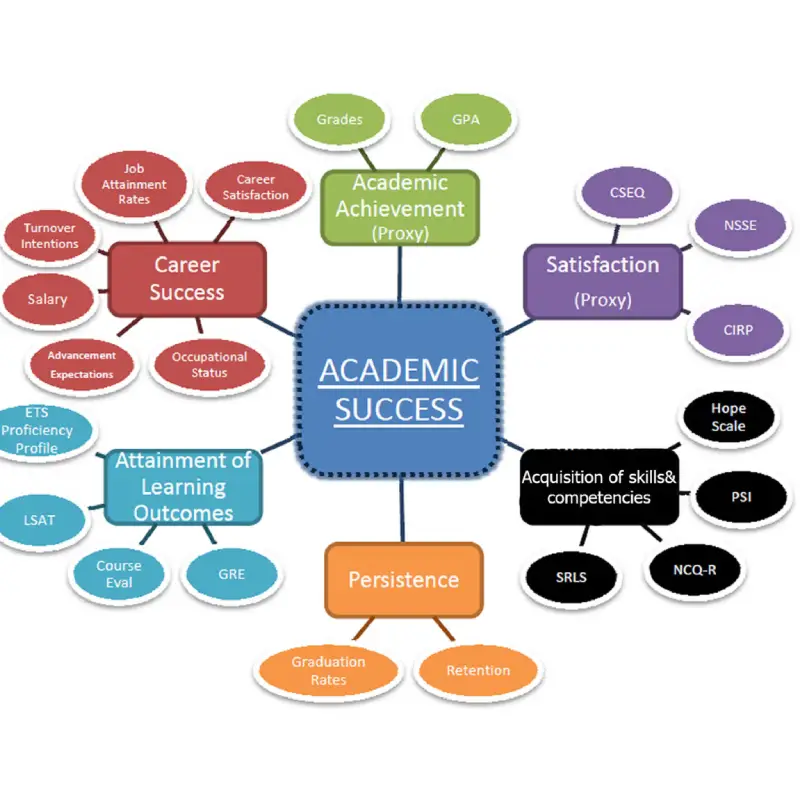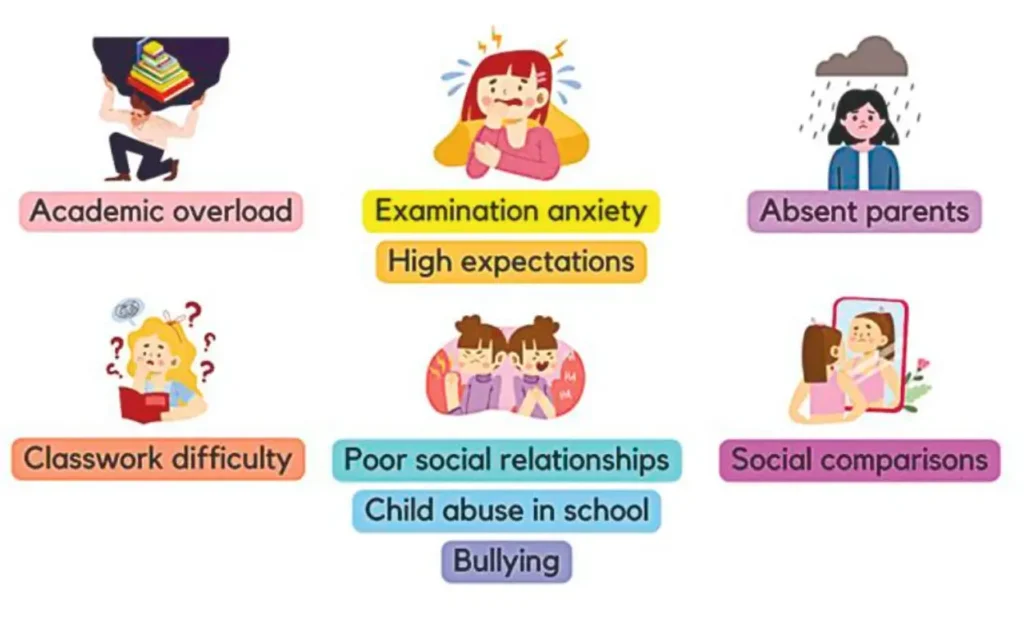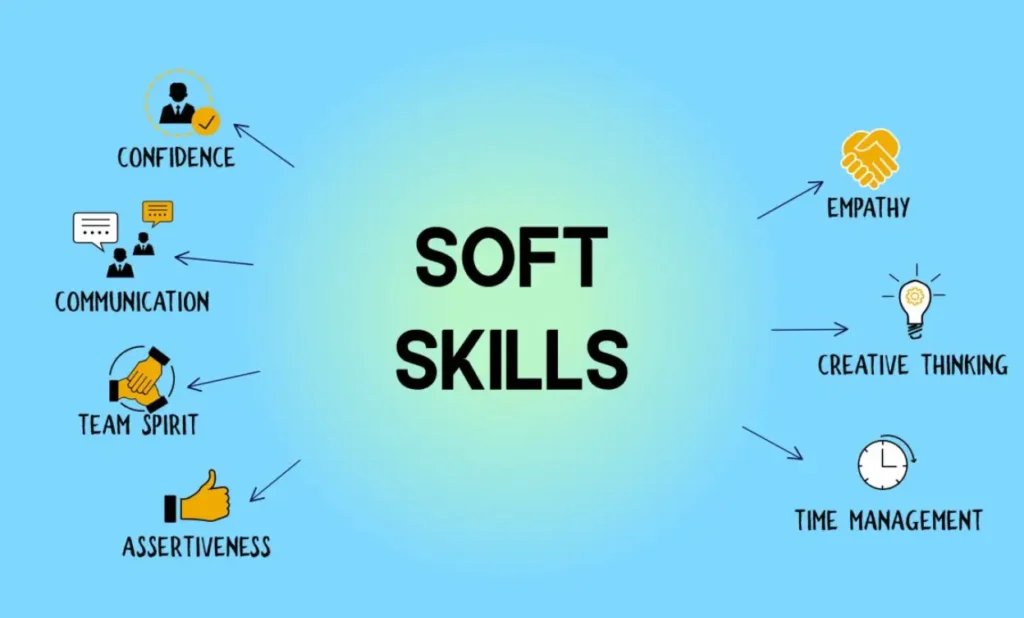
The Urgent Need for Soft Skills in Malaysian Education

In today’s rapidly evolving world, soft skills have emerged as the critical differentiator between success and mediocrity. While Malaysia’s education system has long focused on academic excellence and technical proficiency, the glaring omission of structured soft skills training has left a significant gap in preparing students for real-world challenges. Employers across industries consistently highlight deficiencies in communication, adaptability, teamwork, and problem-solving among fresh graduates. This article dives deep into why mastering soft skills is the missing piece in Malaysia’s education puzzle and how addressing this gap can revolutionize the nation’s future workforce.
Understanding Soft Skills: Beyond Academic Scores

Soft skills refer to interpersonal attributes, behaviors, and emotional intelligence that enable individuals to navigate social and professional environments effectively. These include communication skills, emotional regulation, adaptability, time management, conflict resolution, leadership, and cultural awareness. Unlike hard skills, which are often technical and measurable, soft skills are subtle yet profoundly impactful, shaping how individuals collaborate, innovate, and lead.
In the Malaysian context, the education system places heavy emphasis on rote learning, examination performance, and technical mastery. However, this focus often sidelines the development of soft skills, which are equally vital for thriving in the modern workforce.
Why Soft Skills Matter for Malaysia’s Future

Bridging the Gap Between Education and Employment
Malaysia faces a persistent skills mismatch between what is taught in schools and what industries demand. Employers repeatedly voice concerns that graduates possess solid academic knowledge but lack the communication skills, critical thinking abilities, and problem-solving acumen needed to perform effectively in the workplace. Integrating soft skills training within the education system can help bridge this disconnect, ensuring that students graduate with both the technical and human competencies needed to excel.
Boosting National Competitiveness
As Malaysia strives to position itself as a regional economic powerhouse, the need for a versatile and resilient workforce becomes more pressing. Soft skills enhance innovation, collaboration, and adaptability qualities that are essential in driving economic growth in the digital age. Countries that prioritize soft skills development produce more employable graduates, attract foreign investments, and maintain a competitive edge in global markets.
Preparing for the Future of Work
The rise of automation and artificial intelligence is transforming the employment landscape. While machines can handle repetitive tasks, uniquely human skills—such as creativity, empathy, negotiation, and leadership—are irreplaceable. Malaysia’s education system must evolve to prioritize these human-centric abilities, ensuring students are future-proof and capable of thriving alongside technological advancements.
Current Shortcomings in Malaysia’s Education System

Overemphasis on Academics
Malaysia’s heavy reliance on standardized examinations promotes a narrow definition of intelligence, often ignoring emotional intelligence, social awareness, and creativity. Students are trained to memorize facts rather than to analyze, innovate, or collaborate. This approach stifles the development of soft skills, leaving graduates ill-equipped to tackle complex, real-world problems.
Lack of Experiential Learning Opportunities
Soft skills cannot be taught effectively through lectures alone; they require hands-on practice, reflection, and mentorship. Unfortunately, many Malaysian schools lack structured programs that incorporate project-based learning, group work, internships, or service-learning—all critical avenues for cultivating interpersonal and leadership skills.
Cultural and Systemic Barriers
Traditional cultural norms in Malaysia, which emphasize respect for authority and avoidance of conflict, can inadvertently discourage students from expressing opinions, challenging ideas, or engaging in open dialogue. Additionally, systemic pressures to perform academically often leave little room for the exploration of non-academic talents and interests, further limiting soft skills growth.
Strategies for Embedding Soft Skills in Education

Integrating Soft Skills into the Curriculum
Soft skills should not be treated as optional add-ons but as core components of the curriculum. This involves weaving communication, teamwork, and problem-solving exercises into existing subjects, rather than isolating them in standalone workshops. For example, English classes can incorporate debates and presentations, while science projects can include group-based experiments and peer evaluations.
Promoting Experiential and Project-Based Learning
Education authorities must prioritize experiential learning models that push students to apply soft skills in practical contexts. This could include capstone projects, internships, entrepreneurship programs, volunteer work, or student-led initiatives. These experiences offer invaluable lessons in leadership, collaboration, time management, and adaptability.
Investing in Teacher Training
Teachers play a pivotal role in shaping student attitudes and behaviors. Equipping educators with the tools and knowledge to nurture soft skills is crucial. Professional development programs should focus on mentorship techniques, collaborative learning strategies, and emotional intelligence, enabling teachers to guide students beyond the academic syllabus.
Leveraging Technology and Digital Platforms
The digital revolution offers innovative opportunities for soft skills development. Virtual classrooms, online collaboration tools, and gamified learning platforms can create interactive and engaging environments where students practice communication, teamwork, and critical thinking. Incorporating technology into soft skills training ensures scalability and accessibility across diverse educational settings.
Case Studies: Successful Soft Skills Integration
Singapore’s Holistic Education Model
Malaysia can draw inspiration from Singapore’s emphasis on holistic education, were schools balance academic rigor with character development. Through programs like Values in Action and Co-Curricular Activities (CCAs), Singaporean students engage in community service, leadership roles, and teamwork, fostering a well-rounded skill set.
Finland’s Focus on Student Well-being
Finland’s globally admired education system prioritizes student well-being and personal growth alongside academic achievement. Finnish schools incorporate collaborative learning, student-centered teaching, and emotional support systems, ensuring that soft skills are cultivated naturally throughout the learning journey.
Shaping Malaysia’s Future Through Soft Skills
To remain competitive in the global landscape, Malaysia must reimagine its education system, placing equal importance on academic and non-academic competencies. Mastering soft skills is no longer a luxury it is a necessity for nurturing adaptable, innovative, and resilient individuals who can navigate the complexities of the modern world. By embedding soft skills training at every level of education, Malaysia can unlock the full potential of its youth and build a brighter, more prosperous future for the nation.
